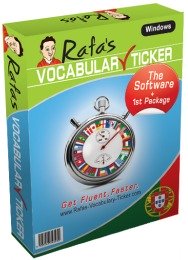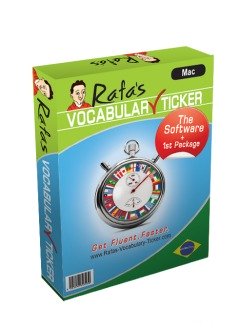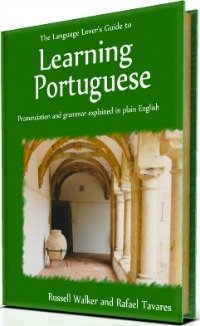How To Use Definite Articles In Portuguese
If you are in doubt about how to use definite articles in Portuguese, you have come to the right page.
Indeed, sometimes it might feel a bit confusing to know when to use the Portuguese definite articles.
So far we know that there are four definite articles in Portuguese, which equals to the English word "The".
We also know that the article must agree in gender and number with its noun.
So, just to remind you once again, the Portuguese definite articles are:
So, for instance, you know the word "carro" (car) is masculine singular (only one car), so all you need to do is ad "o" in front of the word "carro" -> "o carro".
The same works for feminine words like "casa" (house). In this case you ad "a" in front of the word to say "a casa" (the house).
Do you understand it so far? Please have a look at these video-lessons I've created for a better understanding of these definite articles in Portuguese.
Good!
And this is pretty much the norm for all nouns.
However, and in order for you to know how to use definite articles in Portuguese you need to know that the Portuguese definite articles must be used before any person's name and nouns except:
- when you call someone by their name to catch his/her attention to do something, e.g. "Manuel, venha ao telefone!" -> Manuel, come to the telephone (please)!
Note that it's very common to hear people saying "Ó Manuel!" This "Ó" (which sounds like the "o" in the English word "Oscar") is not a definite article but an interjection which is equivalent to "Hey Manuel...!" This "Ó" instead of "O" (without the accent on the O which sounds like "oo" is used to catch females' attention as well, like "Ó Maria!" -> "Hey Maria!".
- when you are talking about a well-known person, e.g. "Shakespeare foi um grande escritor" -> Shakespeare was a great writer.
- When you are talking about something in general, e.g. "Eu gosto de vinho" -> I like wine (all types of wine) as opposed to "Eu gosto do vinho" -> I like the wine (that particular wine). Here "do" is the contraction of the preposition "de" + "o".
- with the months of the year and most city and town names, e.g. "Lisboa é uma cidade bonita" -> Lisbon is a beautiful city.
- with Portuguese-speaking countries, except Brazil and Guinea Bissau, e.g. "Falamos português em Portugal, Angola, Moçambique, São Tomé e Príncipe, Cabo Verde e Timor Leste. O Brasil e A Guiné Bissau também falam Português." -> We speak Portuguese in Portugal, Angola, Mozambique, S. Tome, Cape Verde and East Timor. Brazil and Guinea Bissau also speak Portuguese.
And that's it. This is the secret of how to use definite articles in Portuguese.
I hope you've enjoyed this page and put this in practice from now on ;-).
Rafael Tavares
Go Back From How To Use Definite Articles In Portuguese to Portuguese Words
Hey!
Do you feel like giving?
If so, please click on the "Donate" button below to help me keep this website running.
Muito obrigado!
(Thank you so much!)
Rafa's Vocabulary Ticker Is A Unique Language Learning Tool I've Created To Help You Get Fluent Faster.
Check it out here!And Have You Signed Up For My Free Newsletter Yet?
Subscribe above
Right Now!
Click here to learn more about Rafa's Newsletter.
The Language Lover's Guide To Learning Portuguese is a study companion for you to understand the intricacies of the Portuguese Language. Check it out here!
Here are some pages you may find interesting:
- c) Possessives







